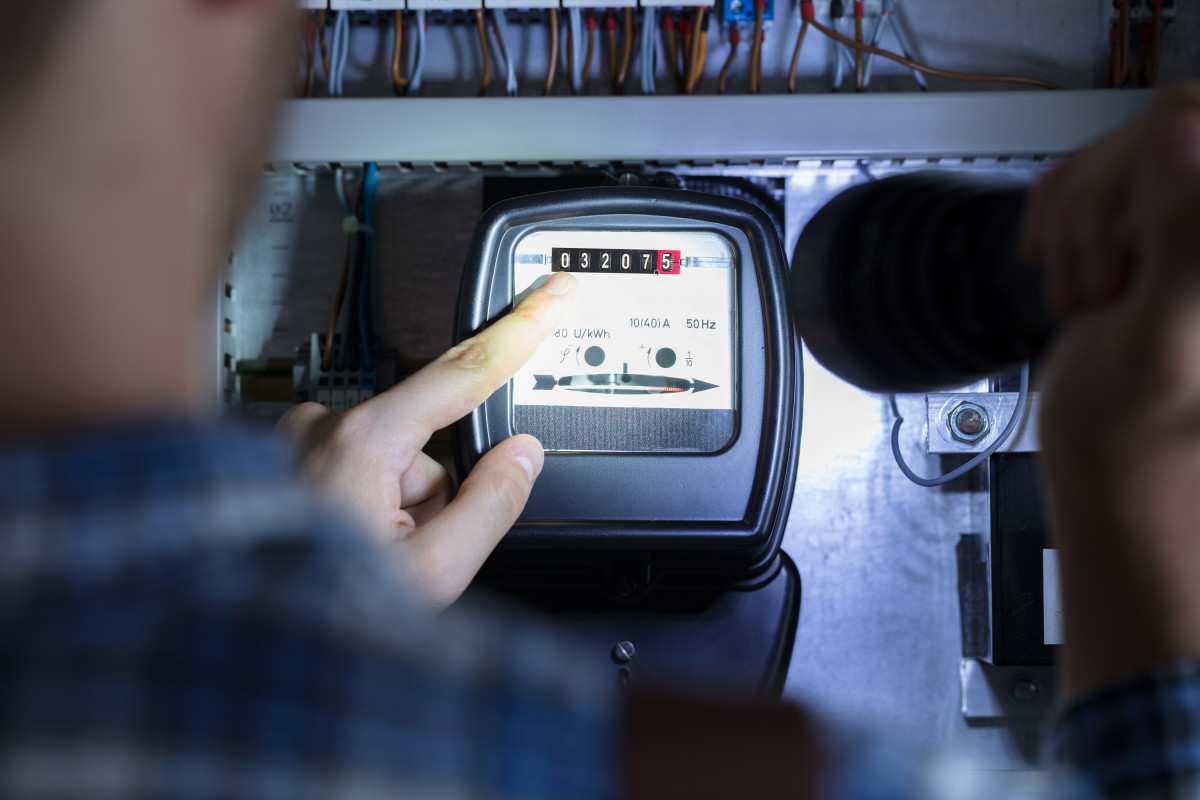
Imagine this. You’ve just received your house keys and are excited to move into your new home. Sometime after living in your new home, you had been accused by the utility company for utility theft as your meter had been found to be tampered.
Why do we bring this up, you ask?
Earlier in January, meter tampering was in the headlines, with multiple stories featuring victims having their electricity meters being tampered.
What is meter tampering though?
“The general idea of meter tampering is when the utility meters have been tampered, in which readings of the meters are not providing accurate reflection of the consumption,” says Chris Tan, managing partner and founder of Chur Associates.
While electricity theft mostly targets high consumption energy like factories, there have also been incidents involving domestic consumers in which they have tampered with their utility meter so that they do not have to pay high cost of electricity bills.
This problem comes in when house buyers have bought a new home and found out that their utility meter has been tampered.
This is especially worrying as according to Tenaga Nasional Berhad’s (TNB) website, it stipulated that “registered consumers are fully responsible for the amount of loss of revenue (under charged).
“TNB has only to prove a case of meter installation tampering and not to the perpetrator,” it adds.
This means current homeowners will be the ones responsible for the undercharged utility consumption instead of the previous owner who had tampered with the meter previously.
Sounds unfair, right?
Therefore, in addressing this issue, Tan raised the importance of an apportionment exercise as a prevention measure. The apportionment exercise is part of the process when buying a secondhand home.
“Apportionment is part of the process when you buy a secondhand home. The typical transaction time takes about three to four months to complete the buying process.”
During the three- to four-month process, the apportionment exercise will take place where the soon-to-be new owner will have the opportunity to find out about their utility meter. This is to ensure that they do not end up in a situation where they found out (belatedly) that the seller still owes a lot of money to the utility company.
“That’s why when you do the apportionment exercise you would know whether there is still outstanding or not,” as Tan, citing that new homeowners can also ask for their utility meter to be assessed to ensure that the meter has not been tampered before registering their name into the utility account.
The assessment is also to ensure that the transfer of ownership of the said property can go smoothly without causing problems to the new owner in the future.
Meanwhile, homeowners who have moved into their new residence and have only found out about the tampered meter after the name transfer, Tan suggested that they make a formal complaint to the utility company or their residence’s management committee.
“They should not take matters into their own hands to fix the meter as that in itself is also considered as tampering the meter.”
Get the latest news @ www.EdgeProp.my
Subscribe to our Telegram channel for the latest stories and updates






